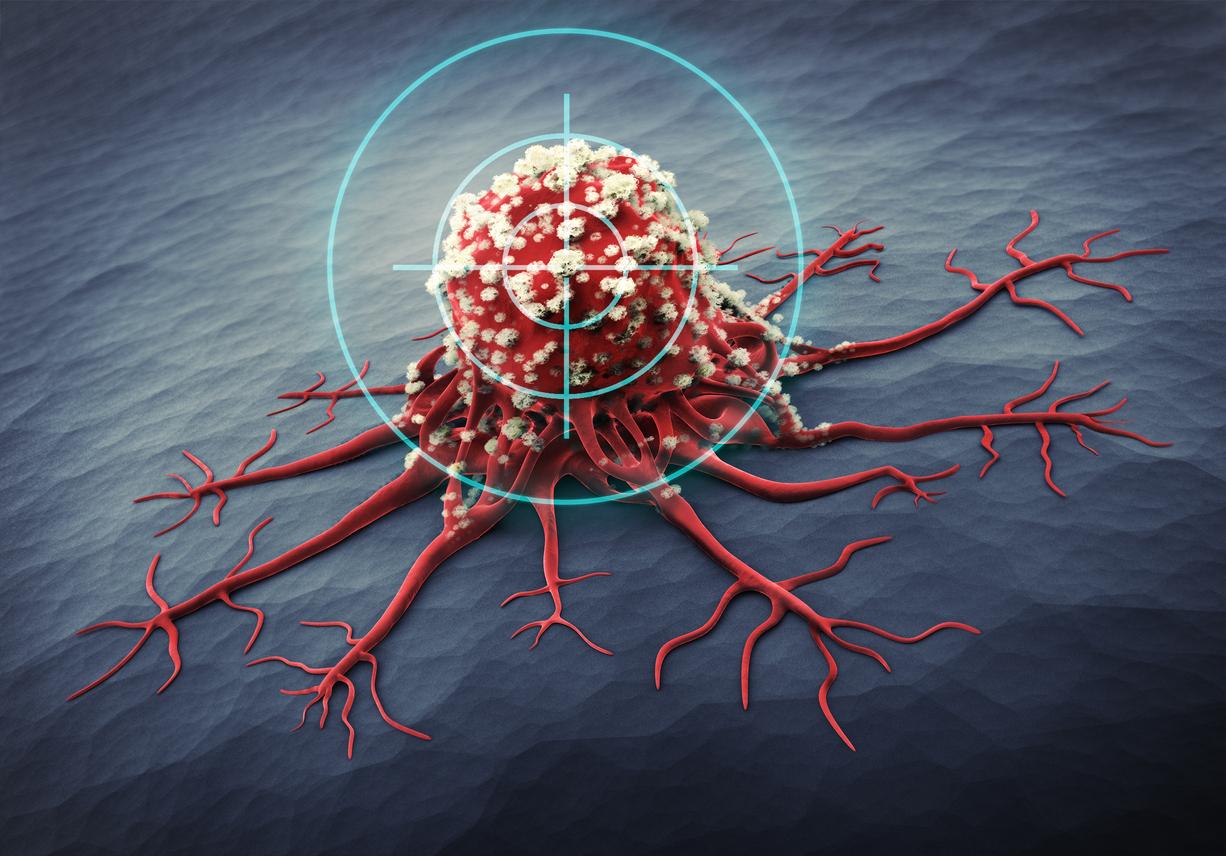In a study published in the medical journal The Lancet, Chinese researchers presented the first three cases of resistance to Tamiflu, an antiretroviral drug, in patients infected with the H7N9 virus. Dr Yunwen Hu’s team from the Shanghai health service observed that, out of the 14 patients observed in April 2013, 3 cases had a significant viral load despite the anti-viral treatment. Virologists therefore suspected resistance, which was subsequently confirmed by genetic analysis of the virus.
The researchers thus found a mutation characteristic of resistance to antivirals (oseltamivir or Tamiflu and peramivir). Two patients died and the third was still on extracorporeal life support at the time the study was submitted for review. For Dr Yunwen Hu, “the apparent ease with which resistance to antivirals has emerged in the H7N9 virus is of concern.”
In addition, researchers at Shantou University have shown that the H7N9 influenza virus can be transmitted efficiently from one mammal to another when they are in close contact. According to the work they published in the journal Science, the pathogen still diffuses very poorly in the air.
















